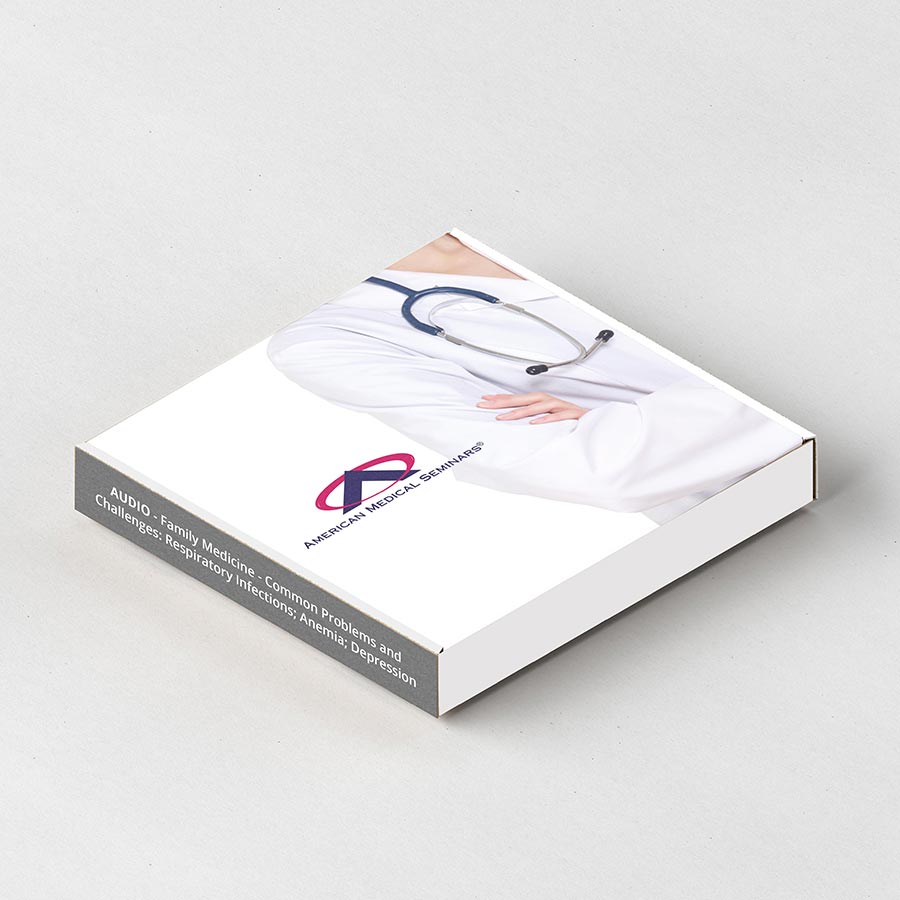Product Description
Title: Family Medicine – Women’s Health: Osteoporosis; Menopause; Heart Disease in Women
Faculty: John W. Pendleton, M.D., F.A.C.P., F.A.C.R., Albert J. Peters, D.O., F.A.C.O.G., Herbert L. Muncie, Jr., M.D.
Original Release Date: July 1, 2018 Expiration Date: July 1, 2021
TOPIC 1: Osteoporosis: Contemporary Diagnosis and Treatment.
Upon completion of this session, the participant should be able to: GL, COMP
- Assess the differences in the WHO, physiologic, and clinical definition of osteoporosis.
- Use the WHO Fracture Risk Assessment Tool (FRAX) to assess the absolute 10 year fracture risk for an individual patient.
- Determine the most appropriate treatment for patients with osteopenia and osteoporosis using the National Osteoporosis Guidelines.
- Use an evidence based method to assess the adequacy of Vitamin D supplementation.
TOPIC 2: Menopause: Myths and Realities.
Upon completion of this session, using ACOG Practice Guidelines and recommendations from the North American Menopause Society (NAMS), the participant should be able to: EBM,GL, COMP
- Classify the various issues that face the menopausal woman.
- Differentiate between true concerns and current anecdotal myths.
- Discuss topics such as: osteoporosis, cardiovascular disease, breast cancer and endometrial cancer as well as their current therapies.
- Critically evaluate evidence-based menopause literature.
TOPIC 3: Ischemic Heart Disease in Women.
Upon completion of this session, using the American College of Cardiology, the American Heart Association, the USPSTF Guidelines and the Cochrane Abstract Database, the participant should be able to: EBM, GL, COMP
- Differentiate the symptoms that women with coronary artery disease (CAD) exhibit in contrast to those experienced by men.
- Recommend the evidence-based interventions to prevent CAD in women.
- Formulate the recommendations to treat the risk factors for CAD in women.
- Specify the treatment required for women with proven CAD.
- The receipt for any incentive-associated purchase will designate the value of the gift card separately from the cost of the learning activity.
- This incentive may have implications on your tax reporting obligations. Any reimbursed amount must be declared as personal income for tax purposes.


